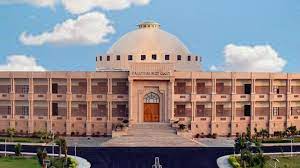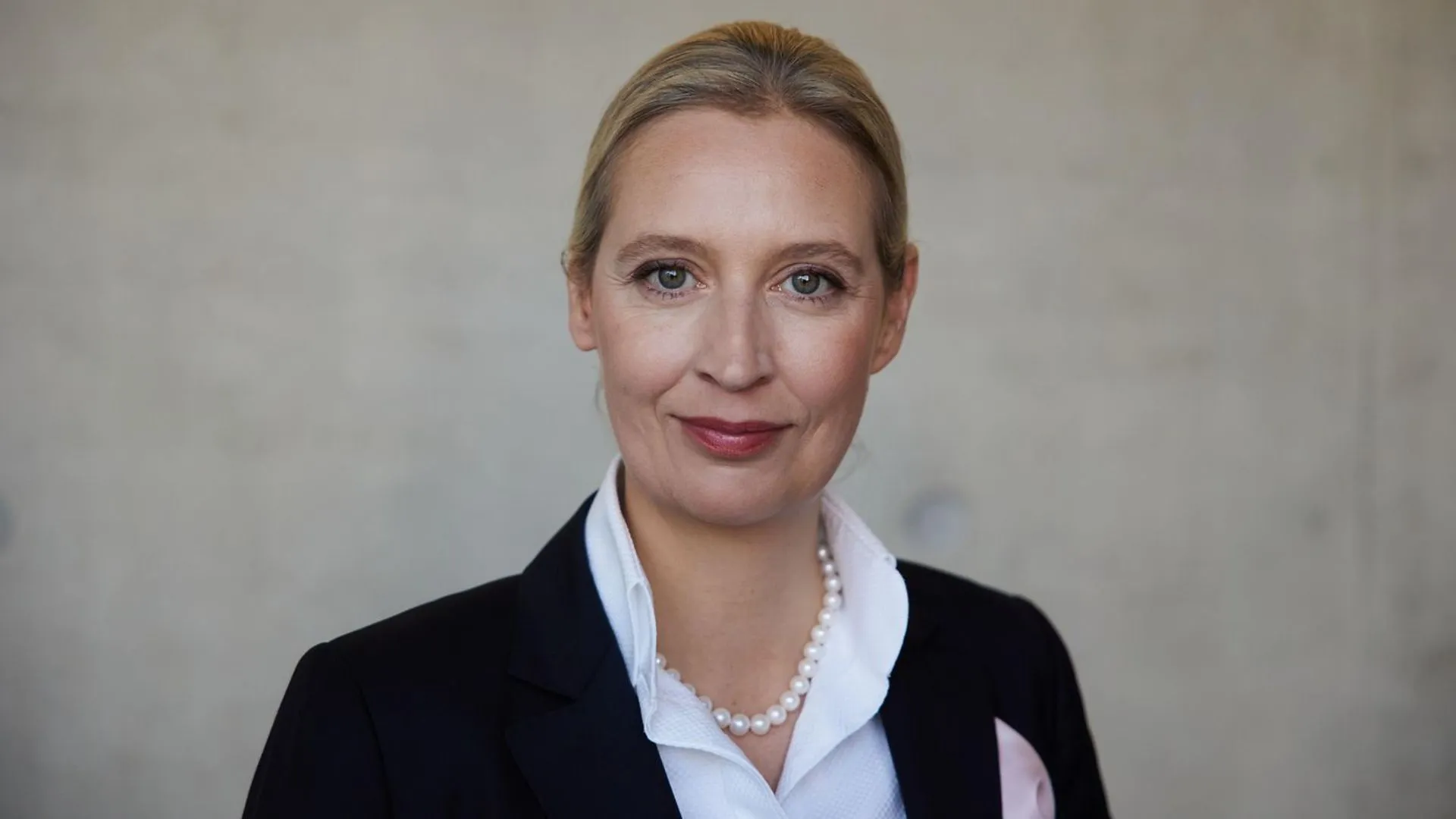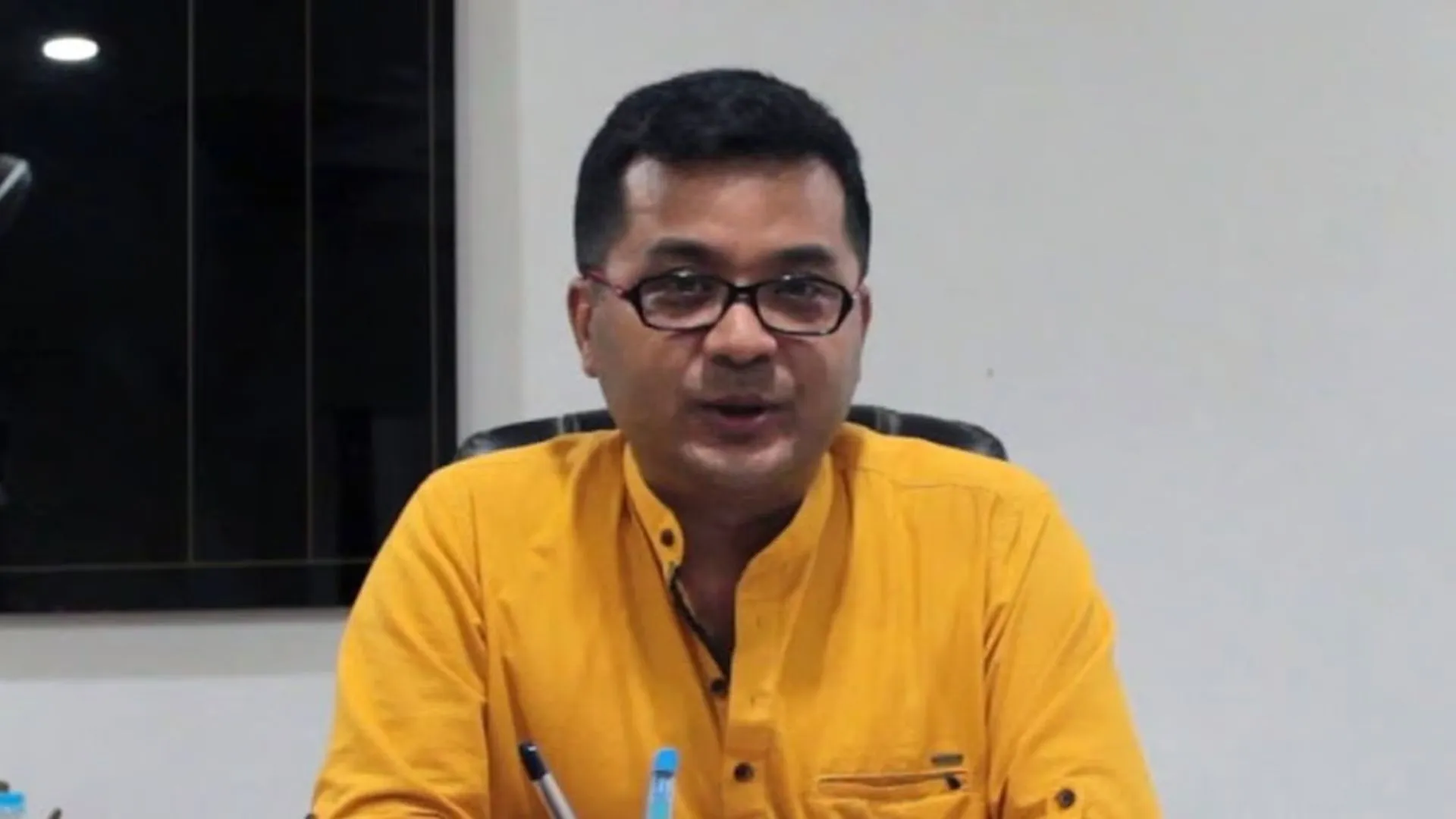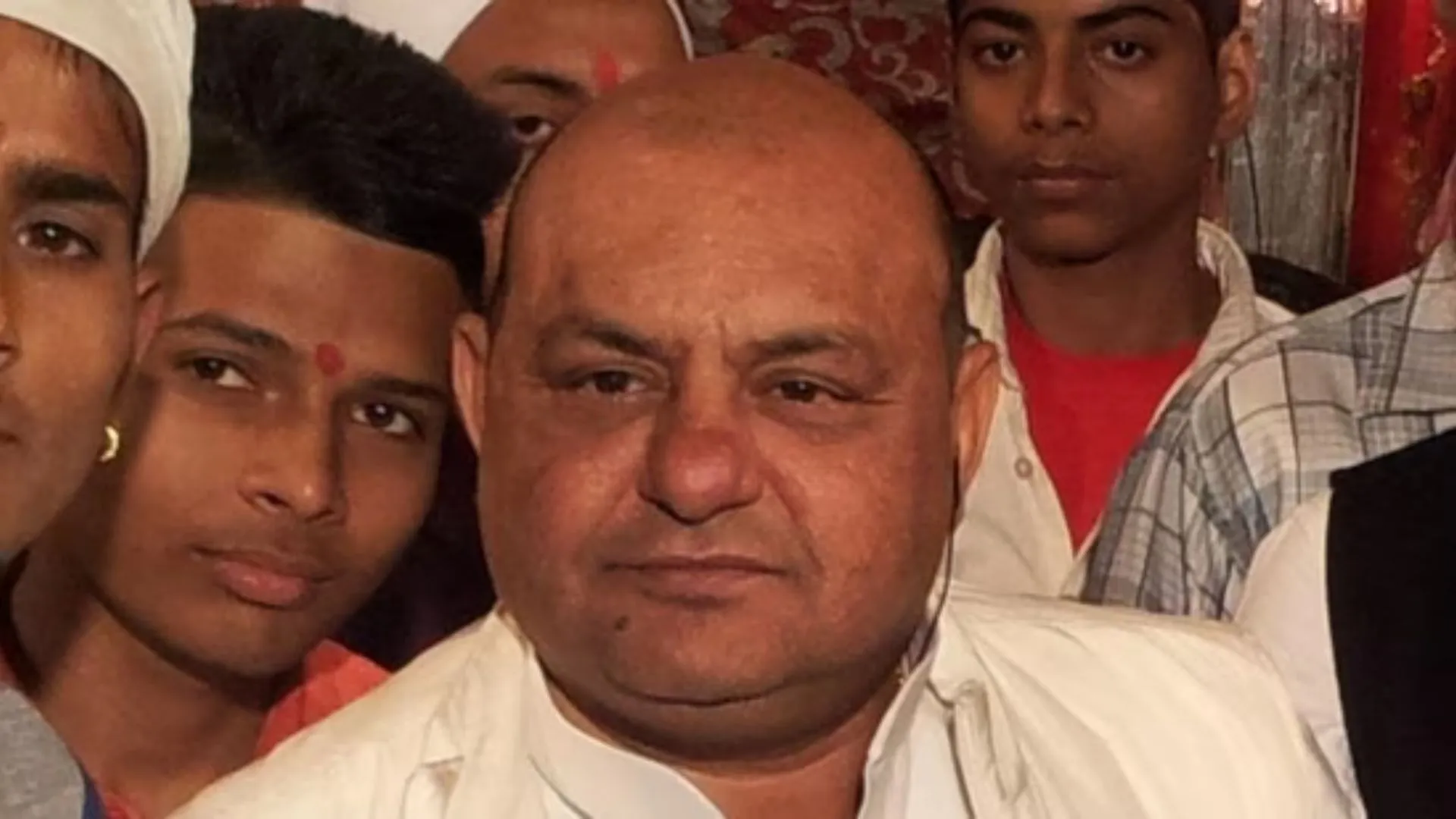The Rajasthan High Court in the case M/s Compuage Infocom Limited Versus the Assistant Commissioner observed and has held that the burden to prove that a specific product falls within a particular tariff is always on the revenue, thus, more as to when the revenue is trying to classify products in the residual entry which being against the specific entry.
The bench headed by Justice Sameer Jain in the case observed and has stated that the department has utterly failed in order to adduce any evidence, technical or otherwise, to substantiate the claim that the cable CAT-5 or cable CAT-6 are not covered in Part-A of Schedule IV of the Rajasthan Value Added Tax, 2003 as the Act specifically deals with IT products.
In the present case, the petitioner who being in the business of selling computers and the computer-related products, which includes the networking cables, the CAT-5 and CAT-6, whose primarily function is to transmit the data. Thus, it has also been classified by the petitioner-assessee in the case that the networking cables as ‘computer peripherals’ and discharged its VAT liability by treating them as computer systems and the peripherals, as the same is being classified under Entry 3 of Part A of Schedule IV of the Rajasthan Value Added Tax, 2003, RVAT Act.
Therefore, the department in the case classified the networking cables under the residuary head and not under the specific head and the department imposed upon the petitioner-assessee an additional tax and interest.
The assessee in the case also contended before the court that the department has not discharged its onus in order to prove that cable CAT-5 and cable CAT-6 would not be included in the broad and the expansive definition of ‘computer peripherals’. Thus, neither in the case it seeks for an expert or technical opinion and nor was any evidence brought on record to prove their point. As per the law settled, the onus or burden in order to show that a product falls within the particular tariff item which is always upon the department.
Further, it has also been submitted by the assessee that as per the cable CAT-5 and cable CAT-6 are primarily and predominantly being used to physically connect the computer system to a network, the same would have necessarily to be included in the broad definition of ‘computer peripheral’, as per the common parlance test and end usage test.
It has also been contended by the department before the court that CAT-5 or CAT-6 cables are essentially networking cables whose use and the application are not been restricted to computer networking and the same are used in a wide array of services, which includes telecommunication, cable networks, CCTV cameras, etc. Therefore, the authorities which are mentioned have rightly restricted the definition of computer peripherals to those hardware apparatus whose usage is only being confined to the operation of computers.
The court in the case observed and has noted that Entry No. 3 and Entry No. 24 of Part-A of Schedule IV of the Rajasthan Value Added Tax, 2003 were subsequently being amended wherein the Act specifically included the networking items stated in Entry 3 and the networking cables of different types such as flat cables, CAT 3 cables, CAT 5 cables, and CAT 6 cables as it has been stated in Entry 24.
The court in the case observed that the said amendment was brought into force on the same day of the introduction of the State Budget for the year 2013-2014.
Accordingly, the court quashed the order of the Tax Board.
The counsel, Advocates. V.K. Gogra, Siddharth Ranka, Muzaffar Iqbal, Saurabh Harsh, Apeksha Bapna appeared for the petitioner.
The counsel, Advocates, Punit Singhvi, Ayush Singh represented the respondent.

















